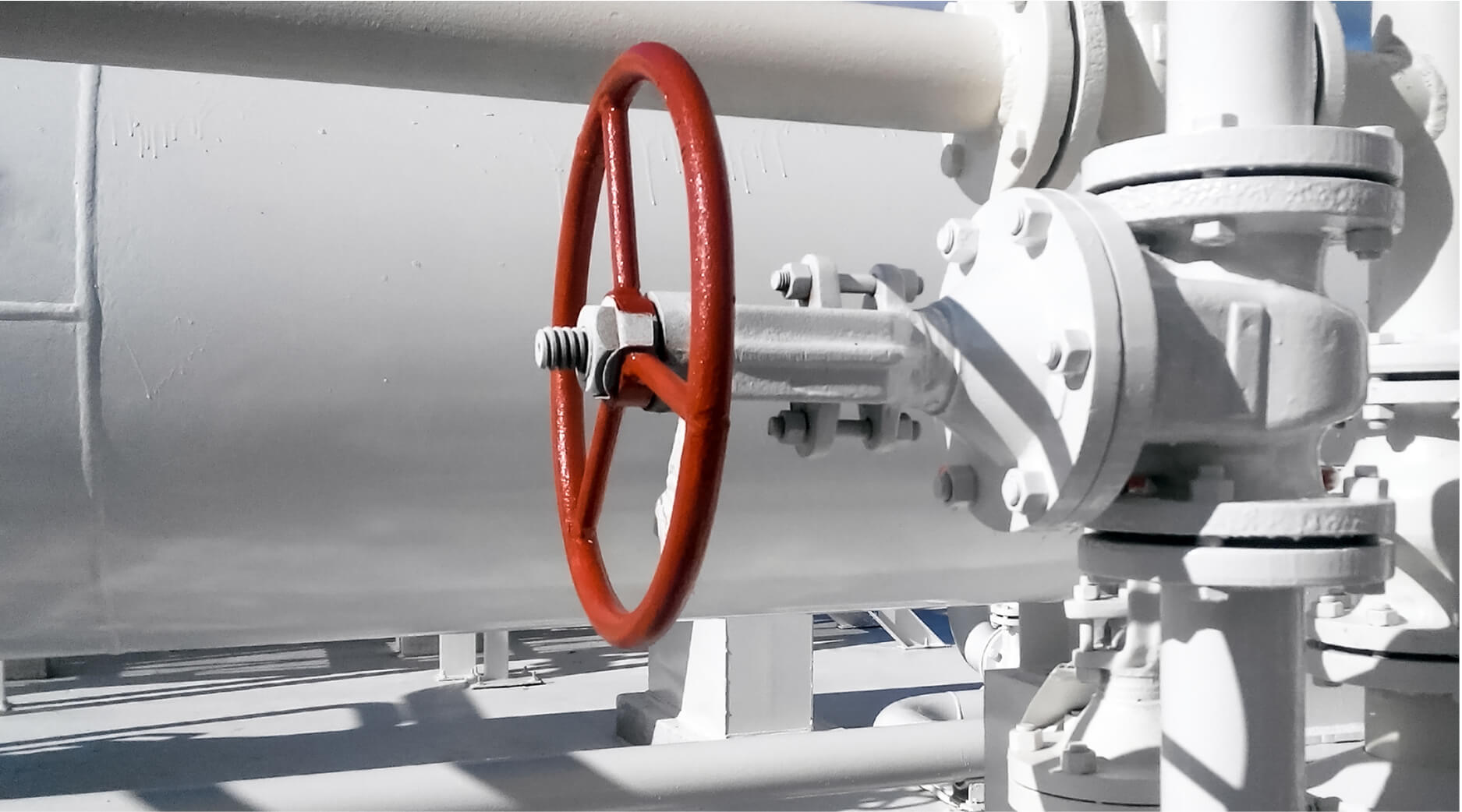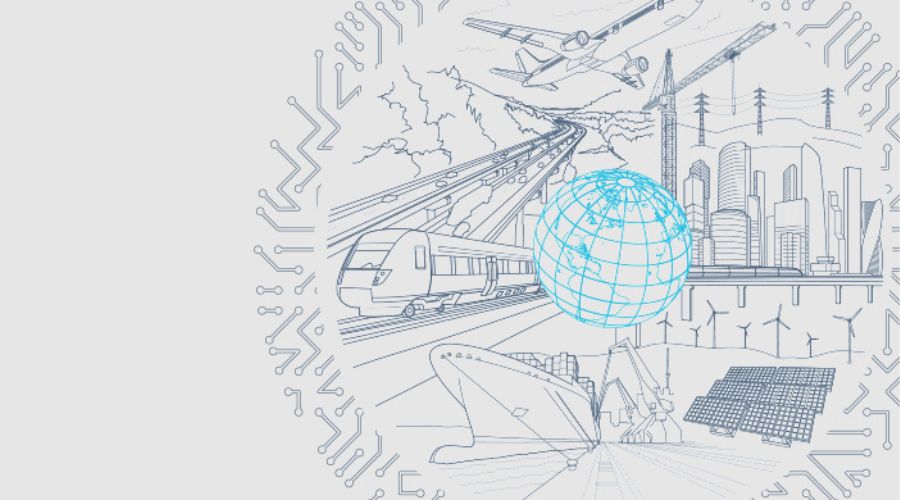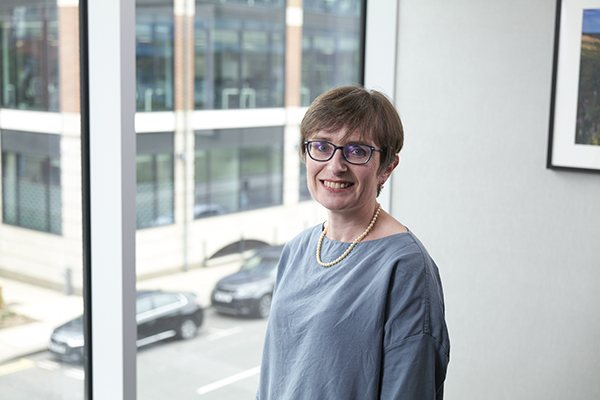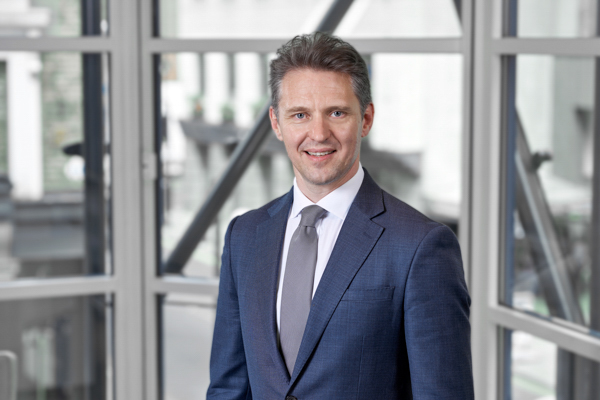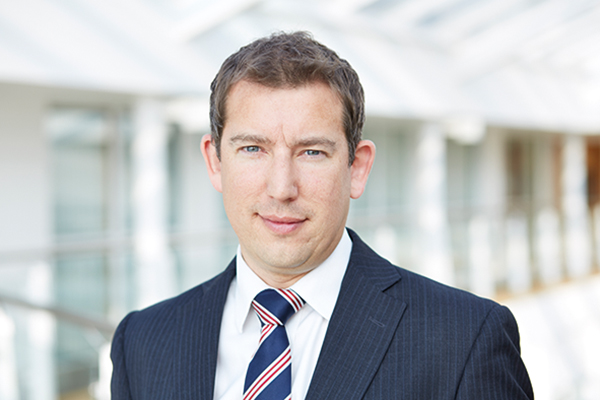Recap - What is the RCM and what is SAF?
In a nutshell, the Revenue Certainty Mechanism is a private law contract between a government agency and the SAF producer that will guarantee a set price for SAF, giving a fixed revenue stream for investors in SAF production plants. Alongside the Advanced Fuels Fund (a competition to provide grant funding to first-of-a-kind commercial and demonstration-scale SAF projects in the UK), the RCM aims to address barriers to commercialisation and help realise the full potential of SAF.
There is already a SAF Mandate on suppliers of aviation fuel, requiring them to supply increasing amounts of SAF within their fuel mix, starting at 2% in 2025 and rising to 22% by 2040: see our Insight The flightpath to sustainable aviation for more background. The SAF Mandate creates a market for SAF.
For more detail, see our previous Insights, UK Government support for the Sustainable Aviation Fuel industry and Revenue support regime for Sustainable Aviation Fuels: the final approach to bankability?
There are different types of SAF which broadly fall into three groups:
- First generation SAF: oils from either crops or waste sources are processed to make hydroprocessed esters and fatty acids (HEFA). First generation SAFs are already being produced on a commercial scale, including in the UK. They are not eligible for the first round of RCM contracts.
- Second generation SAF: can be made using waste feedstocks including municipal solid waste (such as black bin bag waste). It has received government funding through the Advanced Fuels Fund and is seen as ready to scale and commercialise in the UK. Grains, sugar crops and some types of waste can also be processed in a process known as alcohol-to-jet, which is also generally considered to be second generation SAF.
- Third generation SAF: also known as e-SAF, synthetic fuels, or “power-to-liquid” (PtL) aviation fuel, is made using electrolysis, powered by renewable electricity, to extract hydrogen from water. The hydrogen is then synthesised with carbon dioxide into liquid fuels. Third generation SAF has also received UK Government funding but is at an earlier stage of development than second generation SAF.
Funding the Revenue Certainty Mechanism - Consultation Response
As we reported in our previous Insight, Revenue support regime for Sustainable Aviation Fuels: the final approach to bankability?, the UK Government recently consulted on how to fund the RCM.
In its response, the government has confirmed that:
- the RCM will be funded by the aviation industry through a variable levy on suppliers of aviation fuel, using the same definition of aviation fuel suppliers as in the SAF Mandate
- the levy will be based on suppliers’ market share of fossil-based aviation turbine fuel
- aviation fuel suppliers already have to report under the SAF Mandate so this avoids duplicating requirements
- there will be further engagement with industry on the detailed design of the levy.
Although aviation fuel suppliers will end up passing the cost of the levy on to passengers, government modelling suggest this will only impose about £1.50 onto ticket prices, which is within the normal range of market fluctuations.
SAF Bill
The Sustainable Aviation Fuel Bill was introduced to the House of Commons on 14 May 2025 and, at the time of writing, is at Report stage (having been amended in Committee).
It introduces powers for the government to set up and operate the RCM to support SAF production (SAF being defined broadly as "aviation fuel that is renewable transport fuel") in the UK, including:
- Powers to designate a government-owned company as the counterparty, and to direct the counterparty to enter into revenue certainty contracts;
- Powers to impose a levy on aviation fuel suppliers to fund the revenue certainty mechanism, and to impose fines for suppliers that fail to pay the levy (£100,000 or 10% of turnover, whichever is less) - the low level of fine (£100,000) suggests that the levy itself will be low, otherwise there would be no incentive to pay it;
- Powers to develop detailed regulations, including on levy administration, eligibility for contracts, and transparency requirements.
The devil will of course be in the detail of those regulations and these could take some time to develop. They will need to address how the reference price for SAF will be determined (as there is currently no recognised market index for SAF in the UK) and how long the subsidy period will be. The Bill gives the Government power to direct the counterparty to enter revenue certainty contracts for 10 years, but this can be extended by secondary legislation.
The government intends for all the required legislation for the revenue certainty mechanism, including the regulations made under the act, to be in place by the end of 2026. So, watch this space for further consultations as the regulatory landscape is shaped.
What Happened at SAF Bill Committee Stage
Debates focused on the impact on competition, the design of the RCM and the potential impact on ticket prices, among other issues:
- multiple witnesses, including airline representatives, expressed scepticism about the £1.50 passed on cost figure and suggested the actual cost to passengers would be much higher;
- some stakeholders fear the levy could negatively affect the competitiveness of the UK aviation sector, particularly in comparison to other nations without similar mandates and funding mechanisms. Complexity or lack of transparency around the levy calculation may exacerbate this;
- another concern – one particularly raised by airlines – highlighted the risk of supply shortages, particularly of advanced (second and third generation) SAF. Witnesses warned that, without sufficient domestic production, airlines could face crippling buy-out penalties, which would increase costs without achieving decarbonisation goals;
- there were also questions raised about the intellectual property in UK-developed fuels being lost overseas.
Concluding Comments
The aviation industry has been mainly supportive of the Bill and the need for a RCM to support SAF scale-up and commercialisation. However, some trade bodies are worried the levy will increase the costs to passengers, given that fuel bills already make up around a third of an airline’s costs. Some had wanted the scheme to be funded through the industry’s contribution to the UK Emissions Trading Scheme. Others are calling on the government to prioritise PtL fuel (third generation SAF) in the RCM, rather than the more established fuel types.

